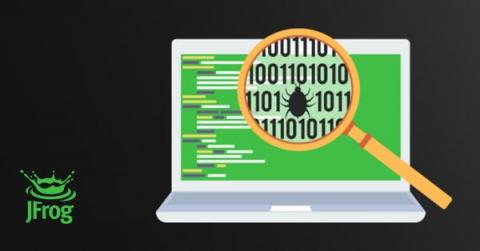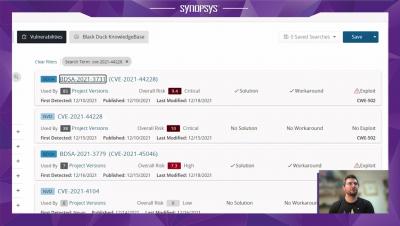Five Critically Important Facts About npm Package Security
In 2021, the WhiteSource Diffend automated malware detection platform detected and reported more than 1,200 malicious npm packages that were responsible for stealing credentials and crypto, as well as for running botnets and collecting host information from machines on which they were installed.











